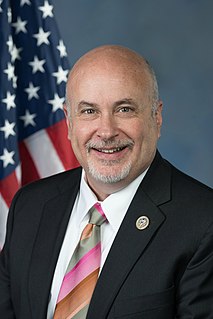A Quote by Jonathan Kozol
Competitive skills are desperately needed by poor children in America, and realistic recognition of the economic roles that they may someday have an opportunity to fill is obviously important, too. But there is more to life, and there ought to be much more to childhood, than readiness for economic functions.
Related Quotes
When we liberate the economic potential of women, we elevate the economic performance of communities, nations, and the world... There is a stimulative and ripple effect that kicks in when women have greater access to jobs and the economic lives of our countries: Greater political stability. Fewer military conflicts. More food. More educational opportunity for children... By harnessing the economic potential of all women, we boost opportunity for all people.
Rather than providing him with economic opportunity, the Act of that name seems designed to make the poor man do penance all his life for the sin of being born into a non-capital-owning family... One searches it in vain for measure designed to provide economic opportunity to the capital owner. But nobody proposes to educate, train, or rehabilitate either him or his children, even when their "unemployment" is notorious.
Schools, the institutions traditionally called upon to correct social inequality, are unsuited to the task; without economic opportunity to follow educational opportunity, the myth of equality can never become real. Far more than a hollow promise of future opportunity for their children, parents need jobs, income, and services. And children whose backgrounds have stunted their sense of the future need to be taught by example that they are good for more than they dared dream.
The human community and individual people are more likely to hurt or undernourish children they think of as 'bodies' to be used. Cultures and people are more likely to raise children to be mere economic interns rather than fully developed humans if they see children as 'bodies' to be forced into certain economic and social molds.
As a general rule, most recent university graduates know far more about U.S. economic history and 'The Lord of the Flies' than about how the modern workplace functions and how to succeed in it. Yet come senior year of college, it couldn't be more important or more timely to learn the basics of getting a job.
The millennium development goals are important, both morally and economically, because much of the world's population maybe is as much as a third of the world's population hasn't yet reached the level of economic development where we begin to get a dissociation from people's economic status and their reports about personal happiness. So we really do need to do much more and much more effectively in order to give everyone the kind of basis for which they can have good vibes.
There's more and more recognition that a carbon economy is dangerous to us economically. And there is increasing recognition that renewable fuels have economic value as well as obvious value for our health and our well-being and our survival. In fact, as you know, the economic revolution in renewable fuels has been impressive. It really had not been anticipated.
Yes, negotiating is about money and the bottom line, but a lot of times, it's much more emotional and complex than that. Realizing that the economic outcome may not be the other party's top priority gives you more chips to play with and will enable you to achieve better results than you may have anticipated.






































